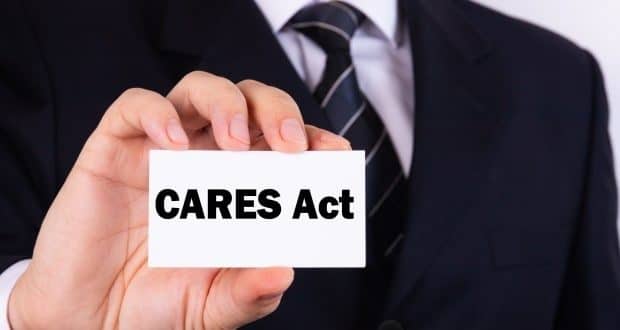How The CARES ACT Has Impacted Student Loans
President Trump signed the CARES Act into law on March 27, 2020. Most families associate the CARES Act with the stipend check they’ll receive if they qualify. However, there’s much more to the CARES Act than the issuance of checks. Many families are still unaware the CARES Act also has a section devoted to federally held student loans.
Student Loan Interest and Payment Pause
In addition, interest will not accumulate on your loans over this period. What does this mean for you? Well, depending on your current financial situation you may choose to continue making student loan payments or cease payments through September 30th.
If you’re currently struggling to get by or have an insufficient emergency fund, it will likely benefit you to stop making payments. This will allow you to increase your current cash flow and potentially stock away a few extra dollars. If you are financially stable, consider continuing your student loan payments.
Your payment will go 100% to the principal of the loan, since interest is paused through September 30th. If you are on an automatic payment plan those payments will be paused as well. Since the automatic payment plans will be paused, if you want to continue making payments you will likely need to do so manually.
Public Student Loan Forgiveness (PSLF)
Borrowers eligible for public student loan forgiveness are normally required to make 120 student loan payments before their loans are forgiven. With the passing of the Cares Act, payments not made during this period are still counted as a monthly payment towards the 120 payment requirement.
With this in mind, if you’re on track for PSLF it will probably benefit you to cease payments over this period since you would pay less over the entire 120-months.
Wage Garnishments
All student loan wage garnishments currently being taken from your paycheck will automatically cease over this period. You may want to consider taking the funds that would have normally been taken out of your paycheck and placing it into a savings account.
This may help put you into a better financial situation to make regular payments starting in October rather than having wage garnishments.
Private Student Loans
Therefore, you’ll likely still be required to make payments on your private loans.
If you’re unable to make payments, it may benefit you to contact your lender. Many lenders are willing to work with borrowers if they call before missing a payment.
What Happens in October
Assuming there are no amendments made to the CARES ACT or any additional laws passed, all student loan-related changes will return to normal in October. Hopefully, for everyone’s sake, the economy is back to normal by October.
If it isn’t there’s a chance the government could extend the period past September 30th or make additional changes to student loans.
Final Thoughts
The impact COVID-19 has had on families and the economy has been rough. I know it may seem difficult now but hang in there, stay safe, and eventually, with time, this will all pass. If you have any questions regarding your student loans, I encourage you to contact your student loan lender for further clarification.






